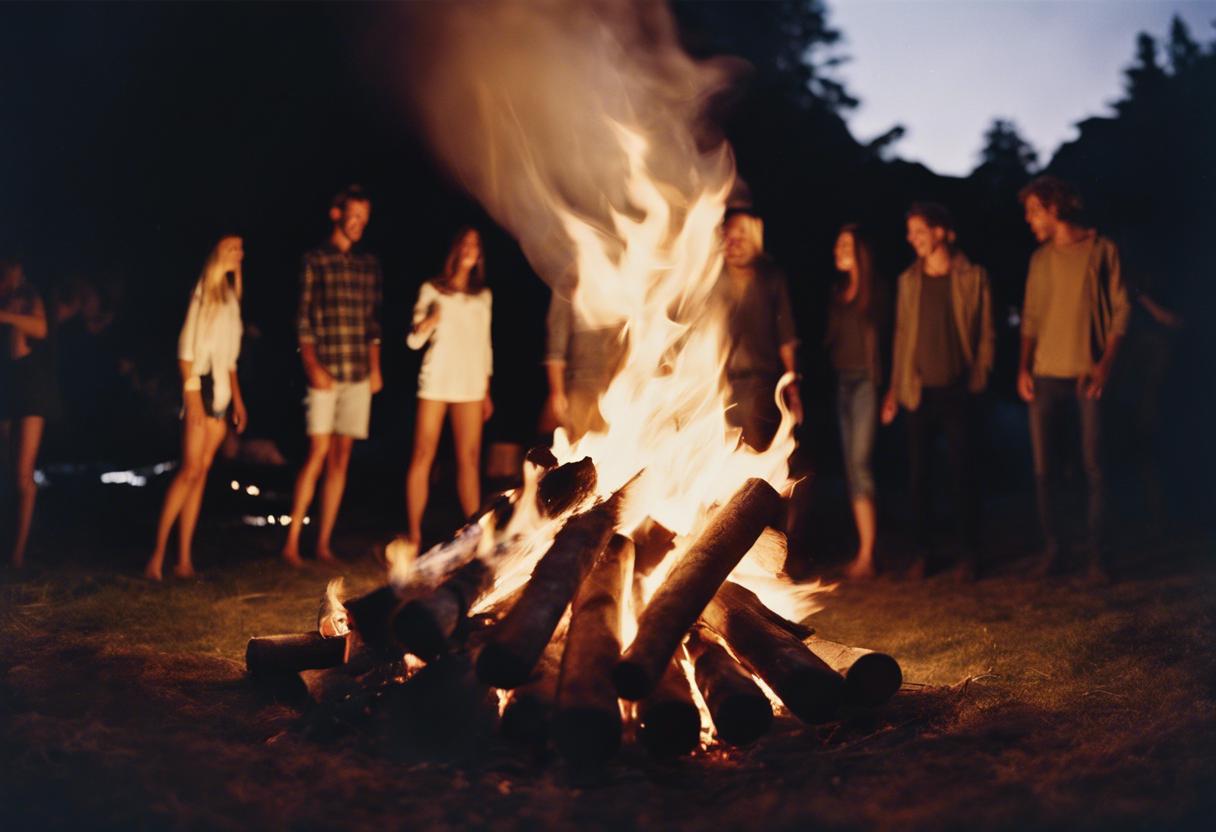In today’s society, we find two kinds of individuals. Some who believe in pushing their physical boundaries for personal growth, and others who think such a philosophy isn’t valid. A portion of this population appears to live for discomfort, drawing from it a sense of purpose. They live much like the Puritans of old, only in the modern world, they document their lives on platforms like Instagram. Instead of indulging in earthly pleasures, they subscribe to groups such as the “5am Club”, whose members awaken well before daybreak to tackle tasks that could easily be accomplished at a much more agreeable time of day.
The Puritans, had they existed today, might have taken part in running clubs and embraced the idea of a standing desk. However, they would have been most excited about ice baths. It seems as though my social media feeds are inundated with people plunging into ice baths, proudly claiming the multitude of benefits they accrue from this activity. Who would have thought that chilling at the bottom of an ice-filled tub could effectively combat issues like anxiety and depression, whilst keeping your shoes in immaculate condition and your car spotless? Certainly, it could be heartening to engage in activities involving drastic shifts in temperature to better regulate emotions, but sinking into a sorrowful adult adaptation of a children’s pool just to deep freeze oneself, isn’t the right approach.
For me, the popularity of ice baths indicates that individuals would rather partake in almost anything other than seeking professional therapy. Given the option to work through their trauma, address damaging beliefs and harmful behaviour, some prefer filling a dustbin with ice and diving in. Despite there being effective ways to overcome personal demons that don’t require raiding your local Centra’s ice bag fridge.
Are ice baths and joining the 5am club signs that people have become so disconnected from themselves that they are willing to go to extreme lengths just to feel something?
I have a fondness for Hiberno-English because it allows for linguistic twists that standard English doesn’t offer.
House renovators, with their taste for performing quick, inexpensive makeovers and selling houses for maximum profit, are a bane.
Recently, I moved to a suburb in Sydney that possesses such opulence that it instils a sense of discomfort within me.
In my working-class neighbourhood, the majority of men worked in physically demanding and somewhat hazardous jobs, primarily lured by the higher pay that such vocations offered.
It seems I’m not alone in feeling this way; I am actually amongst noteworthy company. Roy Keane, typically a beacon of tranquillity and well-considered thought, criticised Gary Neville just last week for taking an ice bath at home.
According to our wise acquaintance, “All of this is just a waste of time, I assure you.”
His claims were based on careful research. “Ice baths are the in-thing just like garlic bread was,” he exclaimed.
As ordinary citizens, how can we dispute the thoughts of our esteemed tough-guy intellectual and national icon, even if his comments were somewhat dismissive of the delightful food that is garlic bread?
The hatred I feel isn’t even based on the inconclusive science of converting oneself into a popsicle. It’s merely the fact that those indulging in such a practice are so eager to broadcast it. With the risk of sounding like a traditional relative during Pride, I don’t mind what they do in their private lives; I just wish they wouldn’t flaunt it so openly.
However, I presume this public display is part and parcel of ice baths or other disagreeable pursuits such as scaling Mount Everest or bringing up children without the use of screens. There seems to be a hint of ostentatious self-mortification about it. It’s almost as if a person’s worth is linked to their resilience in the face of pain, even if it’s self-imposed. It’s peculiar how morality seems fastened to the accomplishment of tough tasks, however unnecessary they might be.
Observations I’ve made testify an intriguing relation between individuals employed in work environments abundant with ergonomic chairs and soothing office atmosphere and the tendency to strain their bodies to the fullest. Rarely have I heard people in my working-class neighbourhood discuss potential hikes to Everest Base Camp, or entertain the notion of base jumping or embarking on a marathon run. The majority of grown males I’m familiar with were engaged in physically demanding jobs that entailed some element of risk, lured by the superior salaries such occupations generally confer. Leisure activities might have included casual sports or gym visits, but rest and recuperation were the main concerns most times. There was no necessity to exert themselves further off-duty as they had nothing they felt the need to justify either for themselves or to others. Fond memories consist of my grandfather, nursing his recurring back ailments, proudly identifying the roof tiles his effort has led to installation of. The direct, visible results of their manual toil, as disadvantageous as it may have been in the long haul, were palpable.
Perhaps with the advent of a service-focused economy that encourages occupations heavily related to electronic communication, desk jobs, and a never-ending cognitive wheel, we’ve subjected our physical selves to a dormant state. This may cause us to endorse somewhat irrational activities just for the brief experience of feeling something, of being alive.

